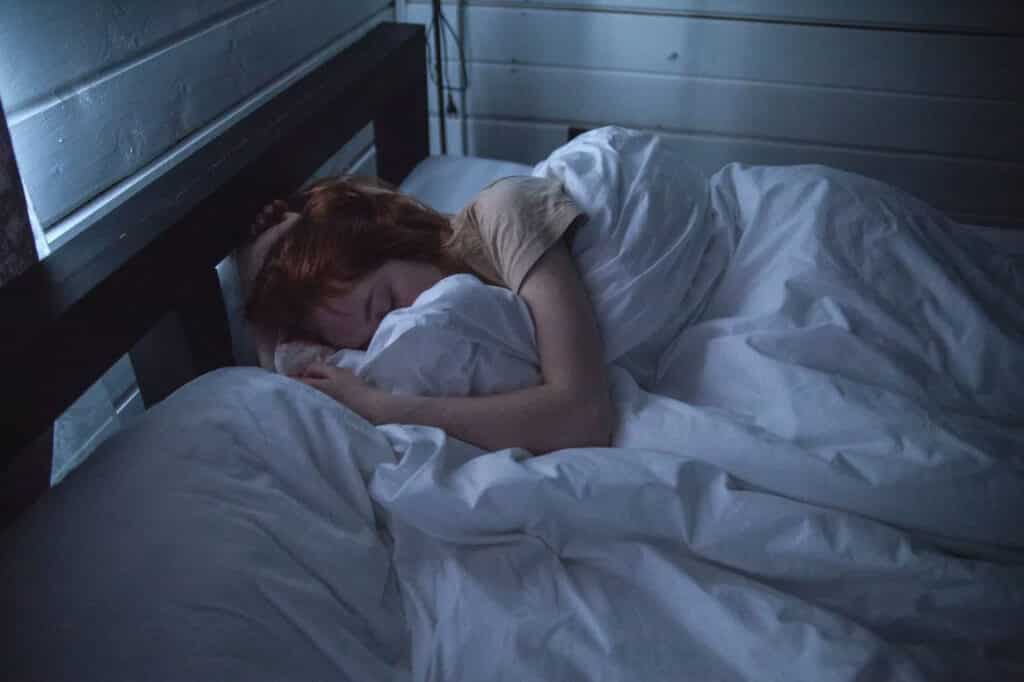Have you heard the term “sleep apnea?” If yes, what is it? What are the causes? Is it dangerous? If you’re looking for the answers to these hanging questions, here is everything you need to know.
What is sleep apnea?
Sleep apnea is a situation that you don’t want to sleep on. It is a sleeping disorder that can wake you up in the middle of the night and interrupt your night’s rest. Based on statistics, sleep apnea often happens to approximately 18 million Americans. While they are sleeping, these sufferers will stop breathing for periods of about ten seconds or longer, which can disturb their quality of sleep. These absences of breathing refer to the term “apneas,” and some patients are unaware of these episodes.
But why does it happen?
Many factors cause sleep apnea. For instance, when there is a blockage on the air passage at the throat, sleep apnea can occur. Having a small upper airway,, being overweight or obese, a recessed chin, small jaw or a large overbite, a large neck size, smoking, and drinking alcohol increase the risk of sleep apnea.
5 Common Symptoms of Sleep Apnea
Now that you have an understanding of what sleep apnea is, it’s time to check the signs and symptoms you should look for. Although every person is different and symptoms may vary, here are five common symptoms of sleep apnea:
- Daytime Fatigue
The key sign of sleep apnea is daytime fatigue. Most people, especially those who juggle the work and life demands, experience occasional daytime sleepiness. But if you’re feeling drowsy regularly, despite no real change in your daytime routine, it’s time to see a doctor for a sleep test.
- Memory Loss
When sleeping, the brain works hard to process information from the day and form memories. But for sleep-deprived brains, processing and storing pieces of information is difficult. People with sleep apnea can experience a range of daytime mental symptoms due to the lack of restorative sleep from waking up several times throughout the night.
- Decreased Sex Drive
The side effect of sleep apnea, if left untreated, can lead to reduced sex drive or loss of libido. Lack of sleep affects sex hormones that drive the desire. Moreover, it often leaves sleep-deprived people drowsy and unable to focus, which are not a recipe for happy sex life.
- Teeth Grinding
Teeth grinding or sleep bruxism is a sleep-related movement disorder characterized by involuntary, uncontrolled jaw movement during sleep. Scientists believed that grinding is related to the reopening of blocked airways.
- Morning Headaches
Waking up in the morning with a headache may be an indicator of having sleep apnea. The closure or blockage of your airways can reduce the amount of oxygen that is transporting to your brain. This event puts you at risk for headaches – specifically morning headaches.
Don’t sleep on the possibility of sleep apnea – reduce the symptoms right now! At United Sleep Apnea, a good night’s sleep is crucial to staying healthy and feeling good. If you know someone who is exhibiting the signs and symptoms of this sleeping condition, discover how we can help right away!


